National statistics
Some lesser-known facts about the National Theatre:
— 26 per cent of its income comes from box office sales on the South Bank, 33 per cent from commercial productions elsewhere and 20 per cent from government grants.
— Attendances at the main Olivier Theatre have fallen year on year since 2008/09, from 402,000 to 342,000.
Already a subscriber? Log in
Get 10 issues
for $10
Subscribe to The Spectator Australia today for the next 10 magazine issues, plus full online access, for just $10.
- Delivery of the weekly magazine
- Unlimited access to spectator.com.au and app
- Spectator podcasts and newsletters
- Full access to spectator.co.uk
Or
Unlock this article
You might disagree with half of it, but you’ll enjoy reading all of it. Try your first month for free, then just $2 a week for the remainder of your first year.

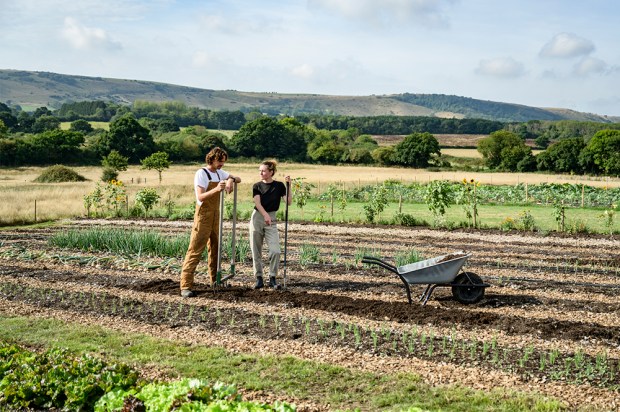
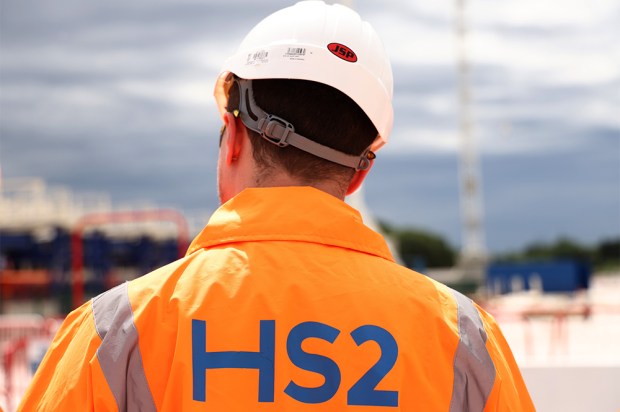
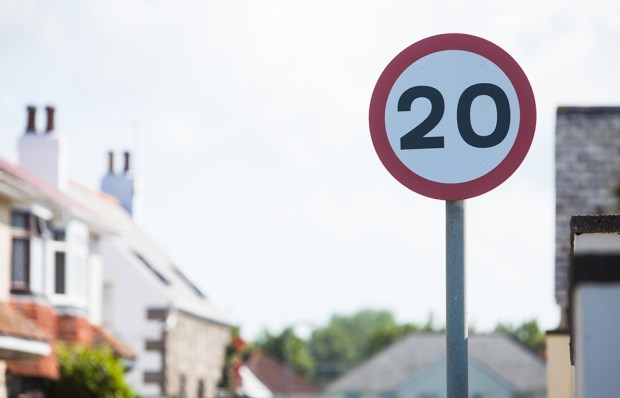
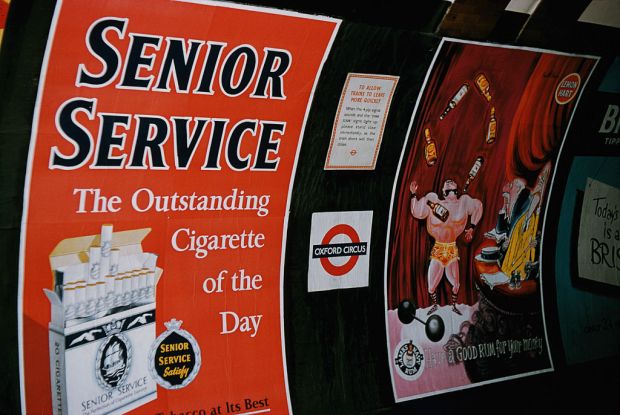







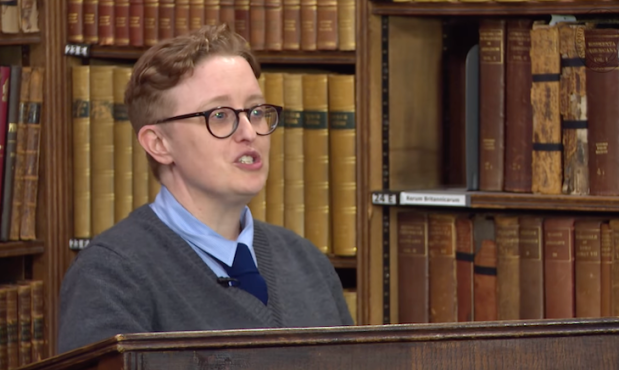
Comments
Don't miss out
Join the conversation with other Spectator Australia readers. Subscribe to leave a comment.
SUBSCRIBEAlready a subscriber? Log in